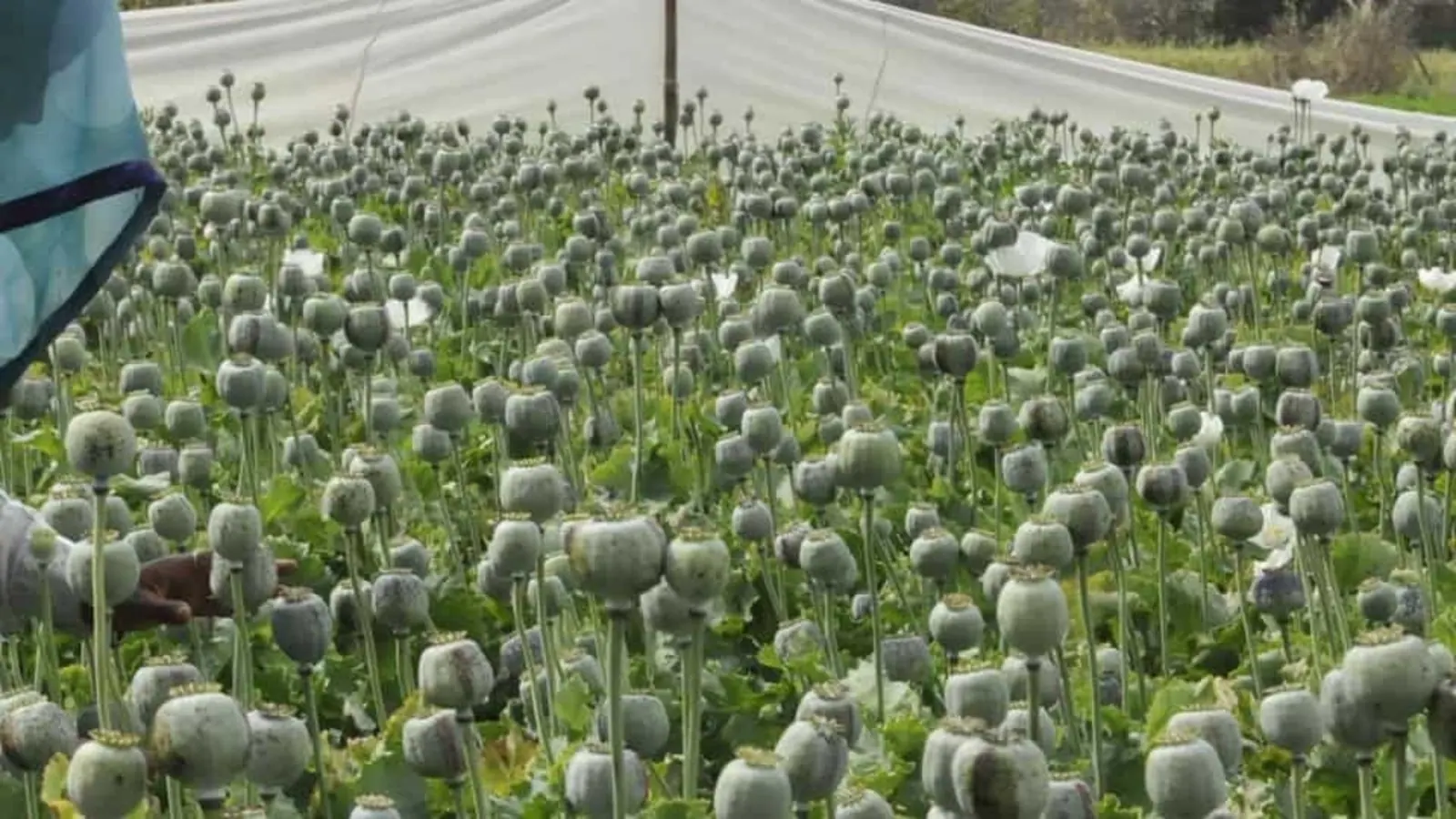India has allowed private businesses access to the highly controlled opium production and processing industry. The first business to receive contracts to produce concentrated poppy straw, which is used to produce the active medicinal component in painkillers and cough syrups known as alkaloids, is Bajaj Healthcare.

Opium poppy cultivation is strictly controlled in the nation due to the potential for illegal trade and the risk of addiction, with the crops only permitted to be sown in tracts of land notified by the central government in 22 districts in the states of Madhya Pradesh, Uttar Pradesh, and Rajasthan.
Every year, the government releases information on the licencing policy for opium cultivation, including information on the minimum qualifying yield, the maximum area that one cultivator may cultivate, and the maximum compensation that cultivators may receive for crop damage brought on by natural forces.
At the moment, the Government Opium and Alkaloid Factories in Ghazipur, Uttar Pradesh, and Neemuch, Madhya Pradesh, process all of the opium produced in the nation. There is production of drugs like morphine, codeine, thebaine, and oxycodone.
Opium is a naturally occurring compound derived from poppy seeds, and its derivatives are mostly used to treat pain. According to Gulhati, “the extracts from opium poppies, such as morphine, are strong painkillers and are typically recommended to cancer patients.” Codeine, an opium derivative, is useful for cough suppression.
It is used illegally as tablets or used to smoke, drink, or do both. The production of poppies is strictly controlled worldwide due to opium’s addictive qualities. Only 12 nations, including India, permit its authorised growth for therapeutic purposes.
Over the next five years, the private enterprise will process 6,000 MT of unopened poppy capsules and opium gum to create active medicinal components.
With the use of contemporary technology and the private sector, it may be possible to increase domestic production of diverse alkaloids like morphine and codeine while lowering imports. India still imports these active medicinal compounds as well as poppy seeds, which are also used as a food item in the nation, despite being one of the few countries in the world that cultivate poppies.
The action aims to compensate for India’s diminishing poppy farming territory. Two private enterprises were permitted to create concentrated poppies straw between 2017 and 2019 as part of a trial period.











